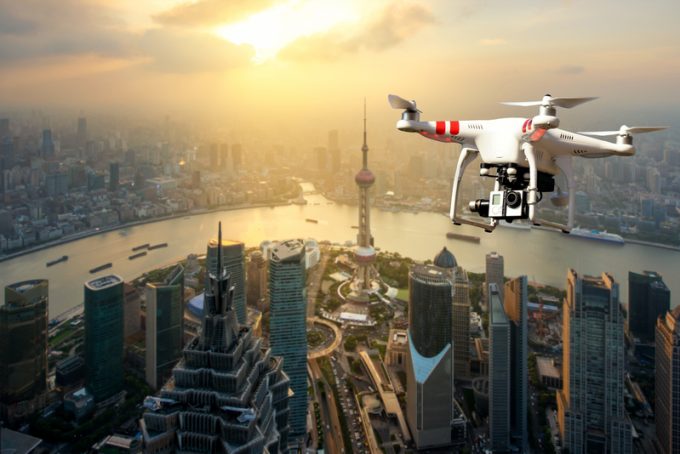FedEx and Amazon partner-up again in new deal to move large parcels
Six years after going their separate ways, FedEx and Amazon have hooked up again, to ...

Ambitious Chinese express operator SF Express has pipped Alibaba and JD in the race to gain China’s first domestic drone operator licence – and it is set to collaborate with African drone specialist Astral in Kenya.
Announcing the news, China’s largest courier hailed the civil aviation authority (CAAC) ...

Comment on this article